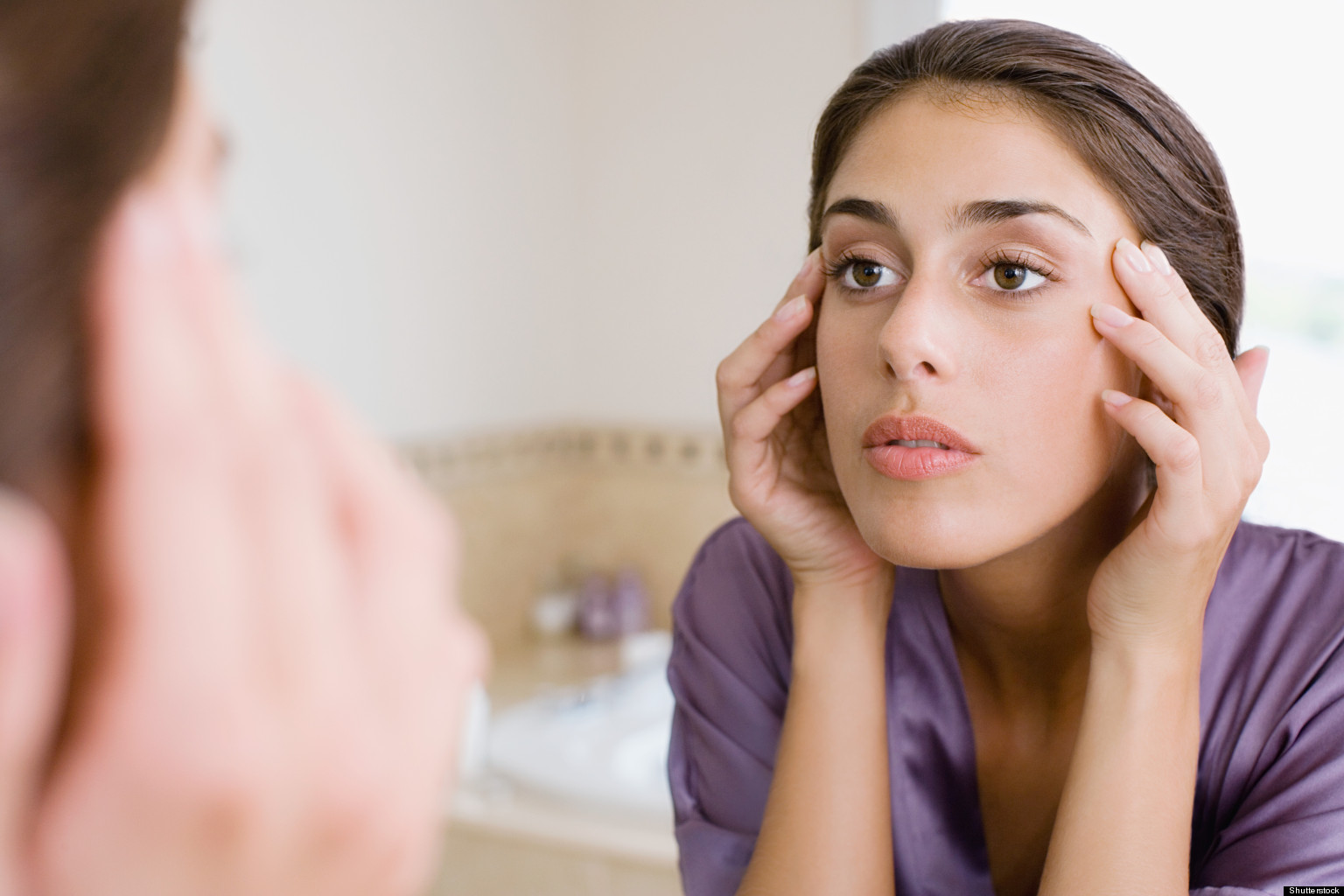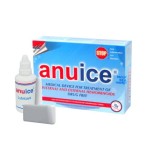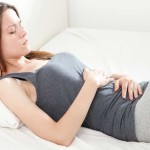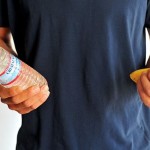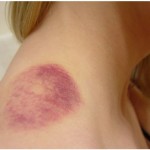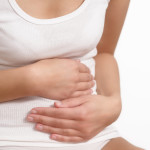How to get rid of hemorrhoids: Home Remedies
Haemorrhoids are inflammatory veins and blood vessels that are usually found on the internal and the external walls of the anal opening. They are usually caused by undue and extreme pressure and force that is applied on the pelvic and rectal veins. Haemorrhoids are usually caused as a result of constipation, diarrhoea and excessive strain while defecating. Haemorrhoids are usually characterised by itchy and painful sensation in the interior regions of the anal opening. The most common symptom associated with haemorrhoids is bleeding during defecation and bowel movements. Blood may be present on the toilet paper or on the toilet bowl. If not taken care of early and adequately haemorrhoids may develop into painful and deep lesions and resultant gangrene. Here are a few tips on getting rid of haemorrhoids before its too late.
- Avoid excessive strain during bowel movements
Bowel movements and the discharge of stool is supposed to happen naturally, with your bowels contracting and expanding naturally to push out the stool. Never exert excessive strain on your bowels to push out stool. Doing so may result in rupture of fine vessels which may develop into haemorrhoids. If bowel movements are unable to push out the stool, try again after an hour or two. Take care to drink water and have fibrous foodstuff in the meanwhile.
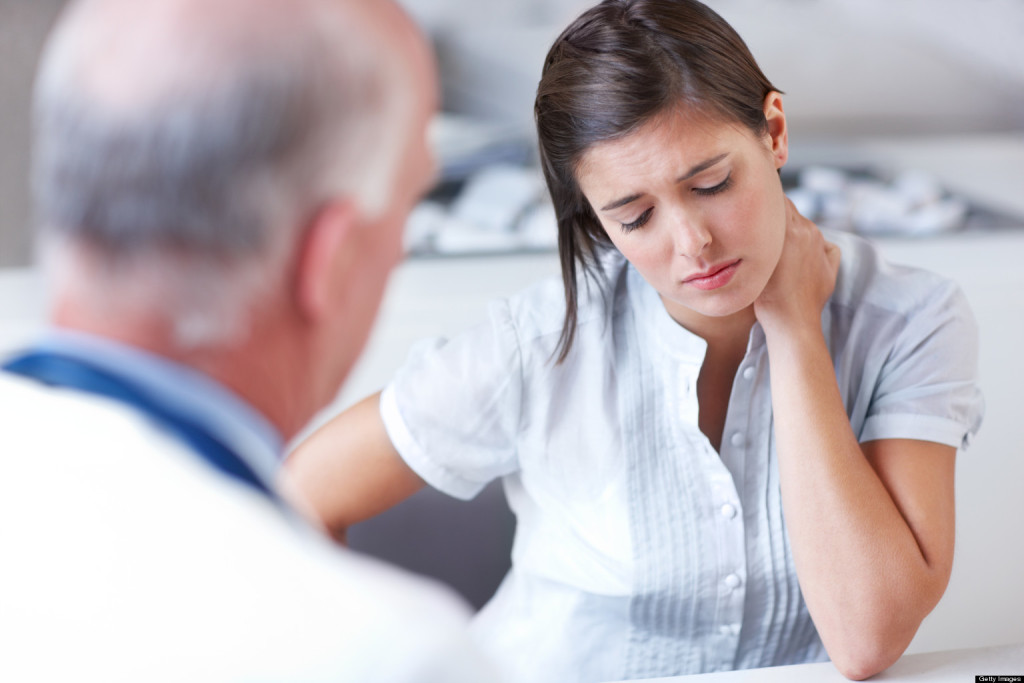
Its a tough diagnosis to process
- Add fibre in your diet
Fibre present in stool helps to absorb water content, and to hold it in place thus softening the stool and making its passage along the rectum and anus easy and smooth. Fibres are extremely helpful in the case of haemorrhoids, as they reduce the strain and pressure incident on the bowels. Fibrous diets help to prevent haemorrhoids by ensuring smooth bowel movements and guarantee a healthy excretory system.
- Avoid laxative
Laxatives are chemically synthesised drugs that force your bowel muscles to weaken so as to release the stool smoothly. Use of laxatives is discouraged as it may lead to habit formation and the eventual atrophy of the muscles and tissue in the rectum and the anus. Use of laxatives may also create dependency issues for the excretory system,a s your body may get used to them. Laxatives are tempting to use during haemorrhoids, as they reduce the pain and discomfort involved in passing stool caused due to the pressure that is applied on the walls and muscles of the rectum and the anus.
- Hydrate yourself
Ensure that you increase your daily water consumption to at least 6 litres if you suffer from haemorrhoids. Water helps to moisturise your bowel system making it easier for the bowels to push out the stool in your rectum and anus. Adequate hydration also provides relief from the itchiness and the scratchy sensation in the affected region. Water is also absorbed by the stool and helps to soften and fluff up the stool making it able to pass smoothly along the canals of the rectum and the anus. Increased water intake also helps to make up for the loss of blood and fluids that may happen during defecation.

